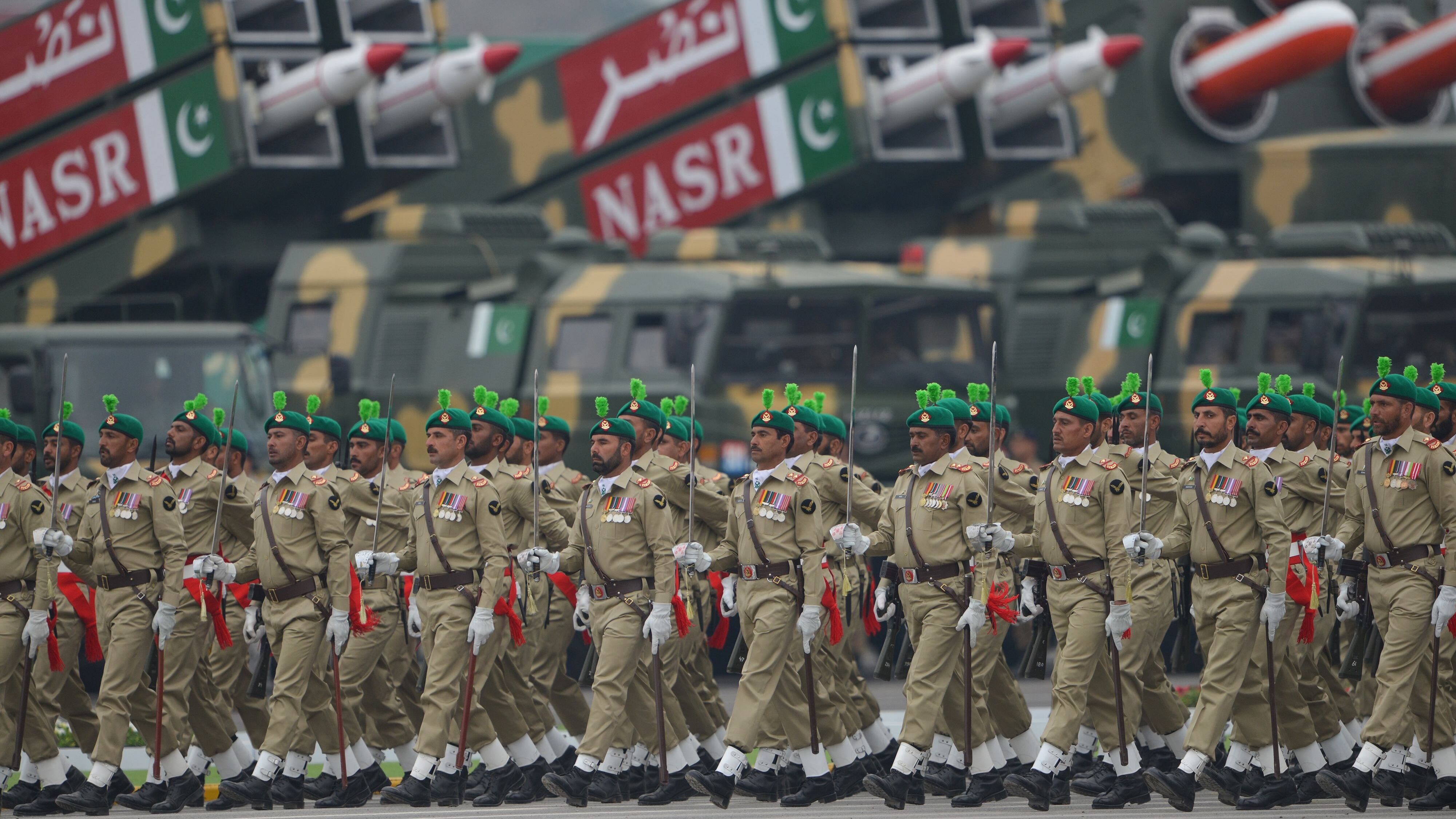WASHINGTON — As tensions continue to simmer between India and Pakistan, the U.S. has cleared New Delhi’s request to buy 24 new MH-60R Seahawk multi-mission helicopters.
The sale comes with an estimated price tag of $2.6 billion, according to a Tuesday announcement from the Defense Security Cooperation Agency.
“The proposed sale will provide India the capability to perform anti-surface and anti-submarine warfare missions along with the ability to perform secondary missions including vertical replenishment, search and rescue, and communications relay,” the announcement reads. “India will use the enhanced capability as a deterrent to regional threats and to strengthen its homeland defense.”
RELATED

The announcement comes after six weeks of increased tensions between India and its northern neighbor. The issue started with a Feb. 14 terrorist attack that killed 40 Indian military personnel; while the Jaish-e-Mohammed group claimed responsibility, the Indian government blamed Pakistan for supporting the attack.
Weeks later, Indian jets flew into Pakistan and launched strikes at terrorist camps. During that operation, a Pakistani plane — reportedly an F-16 — shot down an Indian jet. While the pilot was returned safely days later, the incident created international concern that the conflict between the two nations could lead to all-out war. Although the situation has calmed, tensions remain high ahead of India’s upcoming general election and an Indian anti-satellite test last week.
India’s ministry of defense announced plans to buy the 24 helicopters last August. The Seahawk is the naval variant of the popular UH-60 Black Hawk helicopter. Pakistan has prioritized developing new naval capabilities.
In addition to the 24 helicopter frames, the potential sale would include 30 APS-153(V) Multi-Mode radars, 60 T700-GE-401C engines, 24 Airborne Low Frequency System (ALFS), 1000 AN/SSQ-36/53/62 sonobuoys; 10 AGM-114 Hellfire missiles; 38 Advanced Precision Kill Weapons System (APKWS) rockets; 70 AN/AVS-9 Night Vision Devices and an assortment of radars and other parts.
DSCA notifications are not final; they must be cleared by Congress before entering final negotiations, during which quantities and prices can change. India’s defense procurement efforts are infamous among contractors for stalling out or changing dramatically during the process.
Should a deal be completed, Lockheed Martin’s Rotary and Mission Systems unit in Owego, New York, will be the primary contractor. While India typically requires commercial offsets, that agreement will come later.
Aaron Mehta was deputy editor and senior Pentagon correspondent for Defense News, covering policy, strategy and acquisition at the highest levels of the Defense Department and its international partners.








